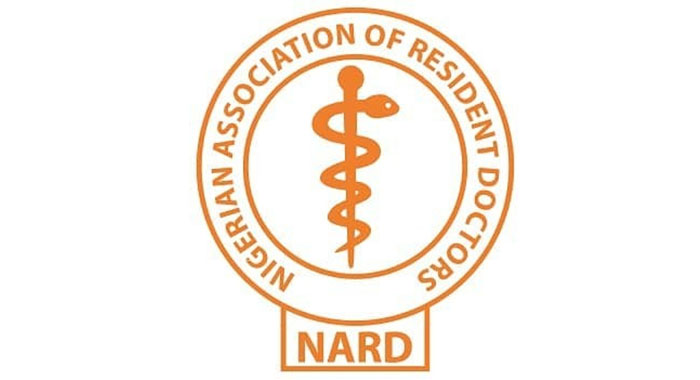The Exodus of Nigerian Doctors: A Deep Dive into Brain Drain and Potential Solutions
The Nigerian healthcare system is grappling with a significant challenge: the exodus of its medical professionals, commonly referred to as brain drain. The Nigerian Association of Resident Doctors (NARD), representing approximately 40% of Nigerian doctors, recently disclosed that its membership stands at 11,899. This figure, while seemingly robust, masks a deeper issue of doctors seeking better opportunities abroad. The reasons for this exodus are multifaceted, encompassing factors such as inadequate remuneration, subpar working conditions, and a lack of professional development opportunities. This brain drain phenomenon poses a significant threat to the already strained Nigerian healthcare system, leaving a widening gap in the provision of essential medical services to the population. The current situation necessitates urgent and comprehensive interventions to stem the tide of outward migration and create an environment that attracts and retains medical talent within the country.
One proposed solution to address the dwindling number of healthcare professionals is increasing the retirement age from 60 to 65. While this might offer a temporary reprieve, NARD President, Dr. Tope Osundara, argues that it is not a panacea for the underlying issues plaguing the sector. He emphasizes that the focus should be on enhancing the attractiveness of medical facilities and working conditions to make them competitive with those offered in developed countries. Dr. Osundara points out that many doctors are now actively seeking opportunities abroad, even before completing their medical training in Nigeria. This shift is evidenced by the increasing number of doctors taking international qualifying exams and even experienced consultants seeking residency programs in countries like the United States. This trend underscores the urgent need to create a more conducive work environment within Nigeria to retain its medical workforce.
While Nigeria may not be able to match the standards of developed nations in terms of healthcare infrastructure and remuneration, Dr. Osundara suggests that striving for a reasonable level of parity – perhaps 70% to 80% – would significantly improve the situation. This approach, he believes, would demonstrate a commitment to providing a better working environment and signal to doctors that the government is actively working to improve the healthcare system within the constraints of available resources. He emphasizes that the challenges faced by the healthcare sector are not unique, with many other industries experiencing similar issues in retaining skilled professionals due to harsh working conditions. This broader perspective highlights the need for a national strategy to address the underlying economic and social factors contributing to brain drain across various sectors.
Dr. Osundara also raises concerns about the implementation of the national policy on health workforce migration approved by President Bola Tinubu in August 2024. While acknowledging the efforts of Coordinating Minister for Health and Social Welfare, Prof. Muhammad Pate, in formulating the policy, he stresses the critical importance of effective implementation. He points to the disparity between the increased minimum wage and the stagnant salaries of doctors as a prime example of the disconnect between policy pronouncements and practical application. This gap underscores the need for concrete actions and follow-through to translate policy into tangible improvements in the working conditions and remuneration of healthcare professionals. Without such implementation, the policy risks becoming another well-intentioned but ultimately ineffective document.
Dr. Osundara’s insights shed light on the complex interplay of factors contributing to the brain drain of medical professionals from Nigeria. He advocates for a multifaceted approach that goes beyond simply increasing the retirement age. The core of his argument lies in the need for a comprehensive strategy focused on improving working conditions, providing competitive remuneration, and creating a supportive environment for medical professionals. This would involve addressing issues related to infrastructure, equipment, access to continuing medical education, and career development opportunities. Furthermore, ensuring transparency and accountability in the implementation of existing policies, such as the national policy on health workforce migration, is crucial for building trust and confidence among healthcare professionals.
The exodus of Nigerian doctors is a serious concern that requires immediate and sustained attention. Addressing this challenge necessitates a collaborative effort between the government, healthcare institutions, and medical professionals themselves. By focusing on creating a more attractive and supportive work environment, Nigeria can stem the tide of brain drain and ensure a robust and thriving healthcare system capable of meeting the needs of its population. This will require a long-term commitment to investing in healthcare infrastructure, improving working conditions, and providing competitive remuneration packages that reflect the value and importance of medical professionals in society. Ultimately, the success of these efforts will determine the future health and well-being of the Nigerian people.


